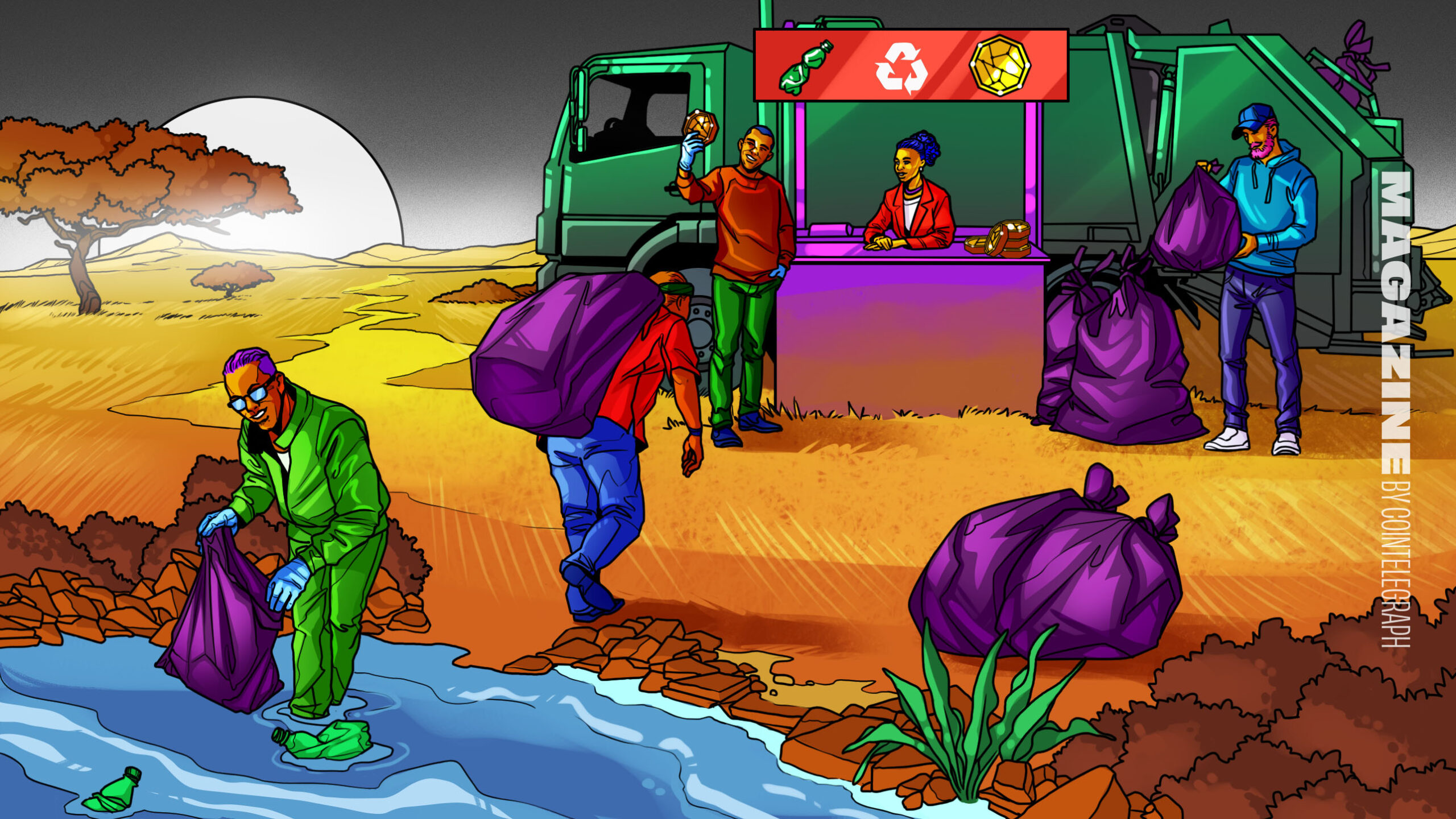News Americas, NEW YORK, NY, Fri. Mar. 14, 2024: Once Black immigrants are in the United States, it’s easy to assume they’ll have the same rights as everyone else living here. However, that’s not always true. Black immigrants in the United States face serious challenges every day. Awareness of these challenges may put us in a stronger position to tackle them and advocate for change in the future.

Legal Barriers
Ask lawyers from leading criminal law firms like Purser Law, and they’ll say their Black immigrant clients face many legal barriers and challenges. They’re primarily related to their immigration status.
They often have problems obtaining visas and can also face deportation. If they have a temporary status or are undocumented, they can face extreme difficulties when navigating the immigration system.
According to a 2016 report highlighted by The Guardian, people from Africa and the Caribbean were twice as likely to be deported for a criminal conviction compared to people from other regions. They were also three times more likely to be detained while their case was pending. Black Lives Matter movement co-founder Opal Tometi said the report showed that Black immigrants encounter social and economic challenges in the United States due to systemic racism.
Racism and Discrimination
Nearly five million Black immigrants live in the United States. That’s around one-tenth of the country’s Black population. You might assume we’d have less racism and discrimination with more Black people. That doesn’t seem to be the case.
A nationwide survey of immigrants revealed that Black immigrants from Africa or the Caribbean experienced discrimination for being an immigrant and Black. Black immigrants were also more likely to report workplace discrimination and unfair treatment by the police.
A third of all immigrants have been told to go back to where they came from. That number skyrocketed to half for Black immigrants.
Economic Inequality
Black immigrants in the United States are fighting economic inequality every day. They’re receiving lower wages than their white peers. They’re also facing higher unemployment rates compared to other groups. Black immigrants even face challenges like fewer employment opportunities and limited access to education.
The racial wealth gap is as wide as ever. Black immigrant households had a lower median income compared to US immigrant households. They brought in a median income of $57,200 in 2019 compared to $63,000 for US immigrant households. At least 14% of Black immigrants were living below the poverty line even before the COVID-19 pandemic.
Limited Access to Healthcare
There is still a lot we don’t know about the challenges Black immigrants face when seeking healthcare in the United States. However, current research suggests the challenges are significant. They generally face a lack of health insurance and a lack of interpreters. They may also face a lack of understanding from doctors about African and Caribbean illness perspectives and discrimination due to race and accent.
Black immigrants face many challenges every day in the United States. They’re facing daily legal battles, racism and discrimination, economic inequality, and healthcare challenges. While we’ve come a long way in combating such problems in many respects, we still have a long way to go.





















Discussion about this post